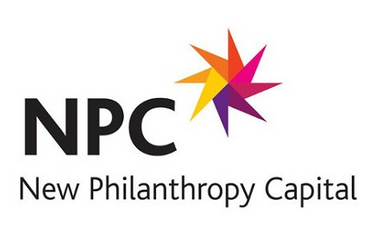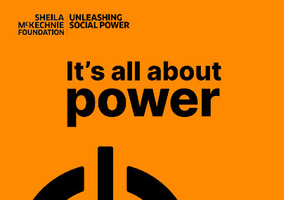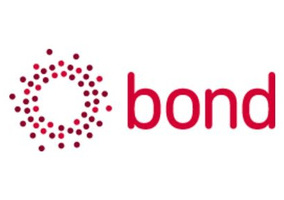Without a strategic approach to lived experience charities risk being “tokenistic which can lead to more harm than good”, a new guide says.
New Philanthropy Capital (NPC's) free guide, Centring Lived Experience: A strategic approach for leaders, provides steps for senior leaders to follow in order to embed lived experience in their organisations.
If charities do not meaningfully engage with lived experience they can fail to move beyond one-off approaches, the guide states.
The guide provides four steps for charity leaders to follow:
- Explore options and prepare your organisation to lay the foundations for success.
- Define the ‘why’ and the ‘what’ to provide a cornerstone for your approach.
- Develop your approach by designing structures, processes and mechanisms that will help you achieve your goals.
- Consider how you will ensure delivery is safe, meaningful, and inclusive.
The last two steps are likely to be part of an ongoing process that happens over a long time, according to the guide.
‘Avoid retraumatising an expert by experience’
The guide is based on findings from a research project led by NPC in partnership with 10 research partners, which were small, medium, and large charities working on centering lived experience.
The think tank also worked with a steering group of five leaders with lived experience.
Naomi Chapman, senior consultant and co-author of the guide at NPC said: “We work with charities every day who are committed to learning from lived experience, but find it hard to make this a reality. This practical guide is to help them.”
In an event accompanying the launch of the guide, Chapman added that it was important that charities avoid workplace exploitation when working with people with lived experience.
“You need to make sure that delivery is ethical and avoids tokenistic activity or workplace exploitation or retraumatising an expert by experience. You need to think about the balance between privacy and storytelling.”
NPC encouraged leaders to share what they learn from their work on lived experience with the think tank and wider charity sector.
Making meetings more inclusive
Panellist Christina Gates, co-chair of Your Voice Counts, said after every meeting her team reflects on how accessible it has been for people with lived experience.
“We have someone who supports our experts by experience before and during the meetings to make sure we're being true to our ethos, who calls us out when we've gone off on a ramble or into jargon.”
The charity often uses simple language, pictures and clear actions to make its meetings more inclusive, she added.
“It takes more conscious effort, but we know that what we gain from having people with lived experience on that board, that insight, that challenge, that different range of perspectives is so valuable that we know it is really worth it.”
Chair of the panel, Bec Hanley, is a facilitator at Shared Learning Group on Involvement. She said: “People should not be out of pocket for sharing their experience. That's the minimum we should be aiming for.”
Mohamed Omar, head of partnerships at Refugee Action, added: “Investment in this work is crucial.”












